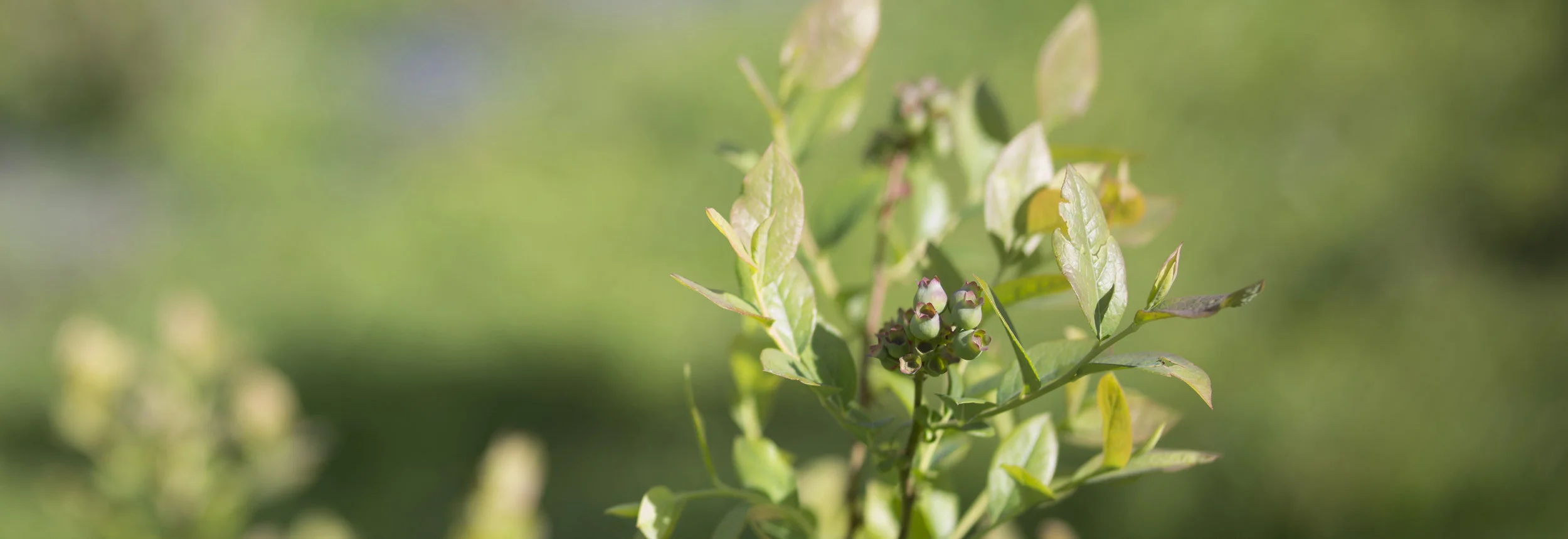frequently asked questions
Being spray free means little if chemicals are still being used with fertilisers or weed reduction as these chemicals can also be taken up by the plants.
We can’t say for sure, however any chemical carries a risk of getting into the food chain, despite the withholding periods allowed for.
There are several agencies in NZ that will certify organic production. The process is thorough with annual audits and the occasional random audit.
Organic orchards don’t have the ability to use growth enhancing chemicals to assist with rapid growth, therefore our yields are naturally going to be lower., which makes cost of production higher.
The environment affects conventional farms as much organic, although we don’t have the tools to combat powdery mildew as a result of high humidity or fruit rots from excessive rain.
As soon as the season is finished, we begin the pruning, which is a massive undertaking, and large amount of vigorous growth needs to be cut back, so that we can manage the orchard with continual mowing, weeding and fertilising, and also ensuring the pickers have fruit at the right height for harvesting.
Conventional growers have traditionally used a lot of sprays on berry fruit, with some fruits requiring particularly higher levels of sprays due to diseases they are susceptible to.
There isn’t enough organic farming in New Zealand to satisfy the demand for our customers in NZ and Australia, therefore after exhausting all available supply locally, we have encouraged a long time grower in Chile to partner with us, and to grow additional fruits to satisfy our needs. This is a close relationship which has culminated from many years of partnership and visits to and from Chile.
Sustainable for us means being able to continual growing on the same land year after year, without damaging the soils, by removing the nutrition, which can occur if nothing is added back to the soil.
Regenerative farming is the practice of putting back into the soil what has been taken away. For example plants draw nutrition from the soil, and this needs to be replaced. By mulching the prunings, we are putting back organic matter into the soil. It also includes working on the biodiversity of the orchard, which involves utilising all the natural elements that existed prior to working the land.










